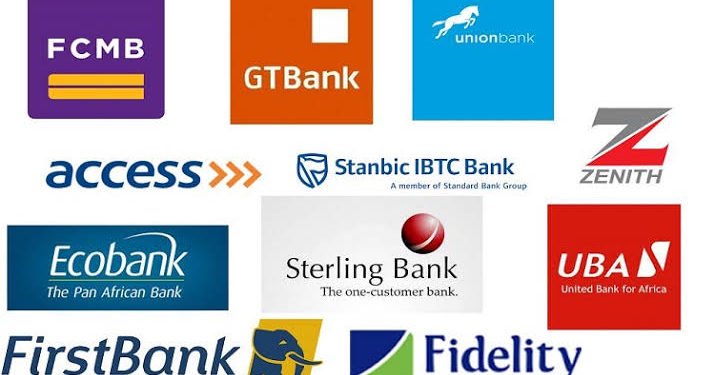Banks cancel N1.9tr bad loans

COMMERCIAL banks have written off N1.9 trillion bad loans from their books in the last four years, a report by Agusto & Co, a credit rating agency has said.
This was contained in the Agusto & Co 2020 Banking Industry Report which linked the banks’ actions to weak macroeconomic climate and the introduction of the International Financial Reporting Standards 9 (IFRS 9) accounting standard.
This was contained in the Agusto & Co 2020 Banking Industry Report which linked the banks’ actions to weak macroeconomic climate and the introduction of the International Financial Reporting Standards 9 (IFRS 9) accounting standard.
According to the report released yesterday, the ravaging COVID-19 pandemic led to the threatening of the industry’s asset quality given significant exposures to vulnerable sectors.
It was learnt that Money Deposit Banks (MDBs) and merchant banks have continued to lend, despite the loan write-offs. Total gross credit to the economy increased by N3.33 trillion from N15.56 trillion at end-May 2019 to N18.90 trillion at end-June 2020. These credits were largely recorded in manufacturing, consumer credit, general commerce, and information and communication and agriculture, which are productive sectors of the economy.
The report said: “Our assessment of the industry’s financial condition is based on figures and information published in the approved annual reports of 19 commercial banks and five merchant banks as at 31 December 2019.
“These banks collectively accounted for an estimated 98 per cent of the industry’s total assets as at the same date and provide a good representation of the Industry.”
Agusto & Cos 2020 Banking Industry Report is the most current and comprehensive report on the banking industry in Nigeria. The report provides an overview of the banking industrys architecture and in-depth analysis of its asset quality, earnings, capitalisation and liability generation.
“In the last four years, following the 2015/2016 recession, the Nigerian banking industry has written off a minimum of N1.9 trillion of impaired loans from its loan portfolio. This volume of write offs has been driven by the weak macroeconomic climate and the introduction of the IFRS 9 accounting standard in 2019. In the wake of the unprecedented COVID-19 pandemic, the Industry’s asset quality is further threatened given significant exposures to vulnerable sectors,” it said.
The Central Bank of Nigeria (CBN) has also granted palliatives to banks in form of permitted loan restructuring to certain sectors that have been severely affected by the pandemic and we expect this to moderate the anticipated level of asset quality deterioration in the short term.
Further analysis in the CBN data showed that aggregate domestic credit (net) grew by 5.16 per cent in June compared with 7.47 per cent in the previous month.
Besides, new lending are ongoing, with N50 billion household and SME facility, out of which N49.195 billion has been disbursed to over 92,000 beneficiaries.
There are also the N100 billion healthcare and N1 trillion manufacturing and agricultural interventions to support the rebound in growth from the impacts of the pandemic on the economy.
The CBN had disbursed over N152.9 billion to the manufacturing sector to finance 61 manufacturing projects and another N93.6 billion to the Healthcare sector, amongst many other sector-specific facilities.
The Agusto & Co report provides detailed analysis on the expected impact of the COVID-19 pandemic on the Industry’s asset quality, earnings and capitalisation in the short term.
It added: “In addition, we have included recent trends and developments, highlighting measures adopted by banks to cope with macroeconomic and regulatory challenges.
“Also included in the report is an overview of the electronic payment systems embraced by the Industry and an analysis of the market share of some electronic banking platforms by banks. Our report provides five years financial data on the Industry.” (NAN)

